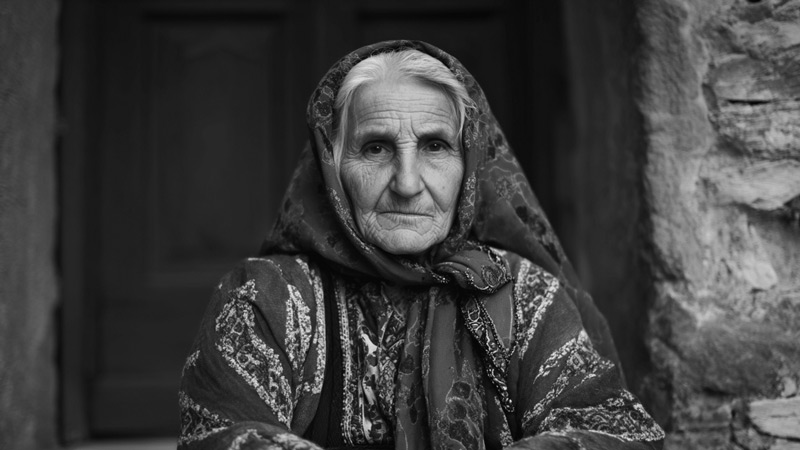
In every family gathering, festival, or quiet evening spent with loved ones, there exists a tapestry of stories—stories that carry the essence of who we are and where we come from. These personal narratives do more than entertain; they are vital threads in the fabric of our collective cultural heritage. Through individual accounts, traditions, languages, and customs are not only remembered but kept alive for future generations.
Imagine sitting at your grandmother’s kitchen table as she tells you about her childhood in a distant village. The aroma of her cooking fills the air as she describes rituals surrounding harvest time or the songs sung during celebrations. Each detail is vivid: the taste of homemade bread, the cadence of dialects once spoken by neighbors long gone, the laughter echoing through communal gatherings.
These stories may seem small or ordinary at first glance. But together, they shape our understanding of culture—not just as something abstract or historical but as lived experience. When we listen to these tales and share them ourselves, we’re actively participating in preserving our heritage.
Traditions often find their roots in personal memories and family routines. Consider how recipes get handed down from one generation to another—not just written on cards but demonstrated side by side in kitchens over years. A father teaching his child how to make traditional dumplings isn’t merely sharing a meal; he’s passing along centuries-old techniques and cultural identity.
Similarly, festivals and ceremonies gain depth when accompanied by firsthand recollections: “This is why we light this candle,” an elder might explain during a holiday celebration. “My parents did it this way too.” Such explanations connect us emotionally to past generations and help ensure that customs aren’t lost amid modern distractions.
Language preservation is one of the most profound ways personal stories contribute to cultural continuity. Many minority languages face extinction because younger generations grow up speaking global tongues instead of ancestral ones. Yet when elders recount stories in their native language—sharing proverbs, jokes, or lullabies—they transmit more than vocabulary; they offer access to unique worldviews encoded within those words.
Parents who tell bedtime tales in their mother tongue give children both linguistic skills and pride in their roots. Even brief phrases or songs can spark curiosity and respect for one’s origins—a crucial step toward keeping endangered languages alive.
Customs often become meaningful through context provided by individual experiences. For example, wearing certain colors at weddings or funerals may seem arbitrary until someone explains their significance through a story: “When my sister married in red silk, it symbolized joy and good fortune.” Hearing these explanations humanizes tradition—it becomes less about following rules and more about honoring shared history.
Personal anecdotes also reveal how customs adapt over time without losing their core meaning. Perhaps your uncle recalls how wedding dances changed after moving to a new country but still brought people together with familiar music and movement.
When families record oral histories or write memoirs—even if informally—they create bridges between generations separated by time or geography. Young people learn not just what happened but why it mattered: resilience during hard times; acts of kindness that defined character; dreams carried across oceans.
Community projects collecting local life stories show this on a larger scale—preserving voices otherwise unheard in official records yet essential to understanding society’s rich mosaic.
In an age dominated by digital media and fleeting trends, taking time to listen deeply (and document) personal narratives has never been more important. Our phones can capture conversations with relatives; simple journals can safeguard memories before they fade away.
Every person holds pieces of cultural heritage within them—memories shaped by love, struggle, migration, celebration—and every story told strengthens those connections for everyone who hears it.
By valuing these individual accounts today, we ensure that tomorrow’s generations inherit not just names or dates but living wisdom—the soul of culture itself preserved through personal stories.